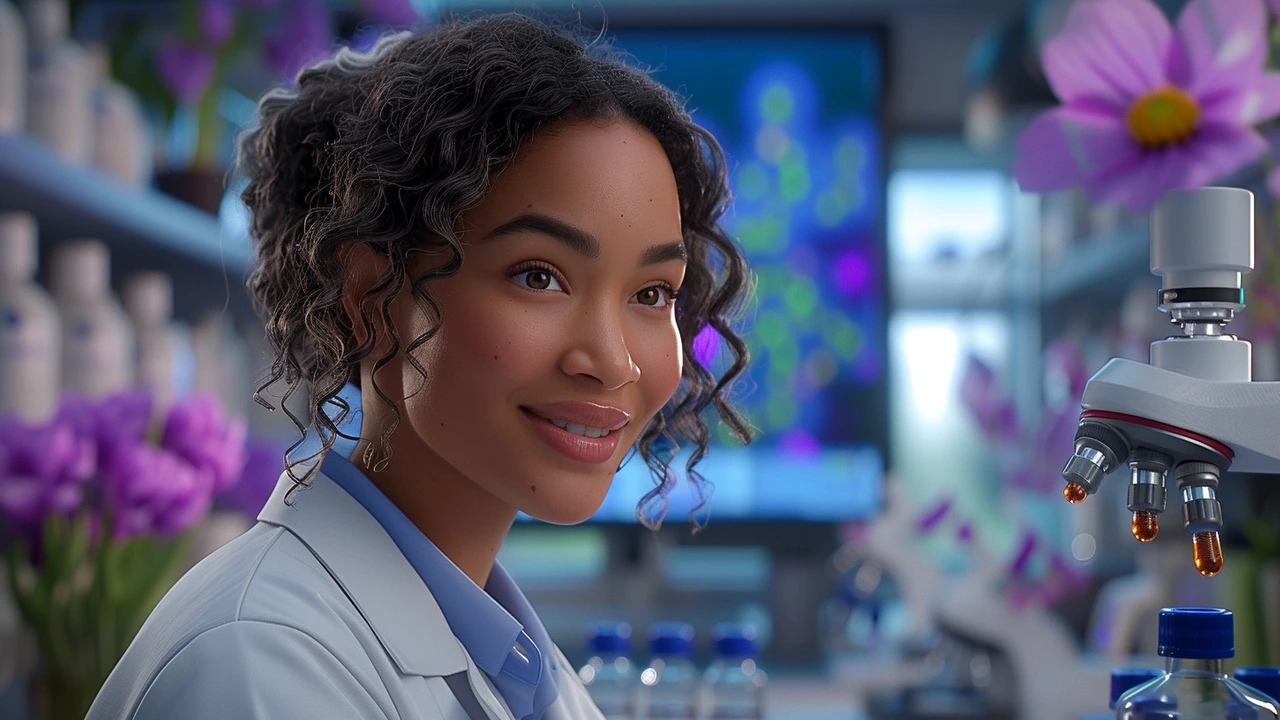Technology & Health: AI’s Impact on Drug Discovery
Welcome to the spot where tech meets health. If you’ve ever wondered how a computer can help find the next life‑saving medicine, you’re in the right place. In this category we break down the real ways AI is changing drug research, and what that means for you.
Artificial intelligence isn’t just a buzzword—it’s a toolkit that can sift through millions of chemical formulas in seconds. Traditional labs test one compound at a time; AI models look at patterns, predict how a molecule will behave, and rank the most promising candidates. That’s a huge shift from the old trial‑and‑error grind.
Imagine a virtual lab where algorithms generate 3‑D models of potential drugs, run simulations of how they bind to proteins, and flag any safety concerns before a single test tube is used. Researchers feed the AI data from past experiments, and the system learns to spot subtle clues that humans might miss. The result? A shortlist of candidates that are far more likely to succeed.
Speed is the biggest win. What used to take years of bench work can now happen in weeks. A recent AI‑driven project screened 10 million compounds for an antiviral target and identified five strong leads in just a month. Those leads moved quickly into lab testing, shaving off months of work and millions of dollars.
Cost savings follow the speed gains. Fewer failed experiments mean less money poured into dead‑end research. Pharma companies can allocate those funds to other areas—like clinical trials or patient outreach—making the whole development pipeline leaner and more efficient.
AI speeds up drug research
One of the most concrete examples is AI‑based virtual screening. The software evaluates how well a molecule fits into a disease‑related protein pocket. By scoring billions of possibilities, it highlights the handful that deserve real‑world testing. This method cut the lead‑identification phase for a rare disease drug from 18 months to under six.
During the COVID‑19 crisis, AI tools helped scientists repurpose existing drugs. Algorithms matched known molecules against the virus’s spike protein, flagging candidates that could be tested immediately. Several of those suggestions entered clinical trials within weeks, a timeline unheard of before.
What this means for patients
Faster discovery translates to sooner access. When a promising drug reaches the market earlier, patients get treatment options before the disease progresses. Lower development costs can also mean lower prices, making new therapies more affordable.
Beyond speed, AI opens the door to personalized medicine. By analyzing a patient’s genetic data, AI can predict which drug formulation will work best for that individual. That level of tailoring reduces trial‑and‑error prescribing and improves outcomes.
Of course, challenges remain. AI models need high‑quality data, and privacy concerns around patient information must be addressed. Regulators are also figuring out how to evaluate AI‑generated results, which adds another layer of complexity.
Still, the momentum is clear. Every week brings a new study showing AI’s ability to cut development time or uncover a hidden drug candidate. As the technology matures, expect to see more pharma firms adopting AI as a core part of their research labs.
Stay tuned to our Technology & Health category for deeper dives into AI breakthroughs, real‑world case studies, and what the future holds for the intersection of tech and medicine. The next big drug could be just an algorithm away.

Artificial Intelligence: A New Approach to Drug Discovery
As a fervent technology enthusiast, I'm thrilled to share how artificial intelligence is revolutionizing the field of drug discovery. This blog post digs deep into how AI and advanced algorithms can dramatically speed up the process of finding new drugs, making research more effective and efficient. It's an exciting time for pharmaceutical research, with AI offering a fresh perspective and approach. Technology is changing the way we live, and this includes how we discover life-saving drugs. Hang on tight, folks, because we're diving into the future of healthcare!

The Role of Artificial Intelligence in Drug Discovery
Hi there! As a tech enthusiasts, I never cease to be amazed by all the cutting-edge advancements happening in the world of AI. One such fascinating field where AI is making huge strides is in drug discovery. It's truly impressive - artificial intelligence is helping scientists and researchers predict how drugs will interact with our bodies, helping to speed up the wearisomely slow process of novel drug development. Stay with me as we delve into the remarkable role of AI in drug discovery and how it's transforming the pharmaceutical landscape.